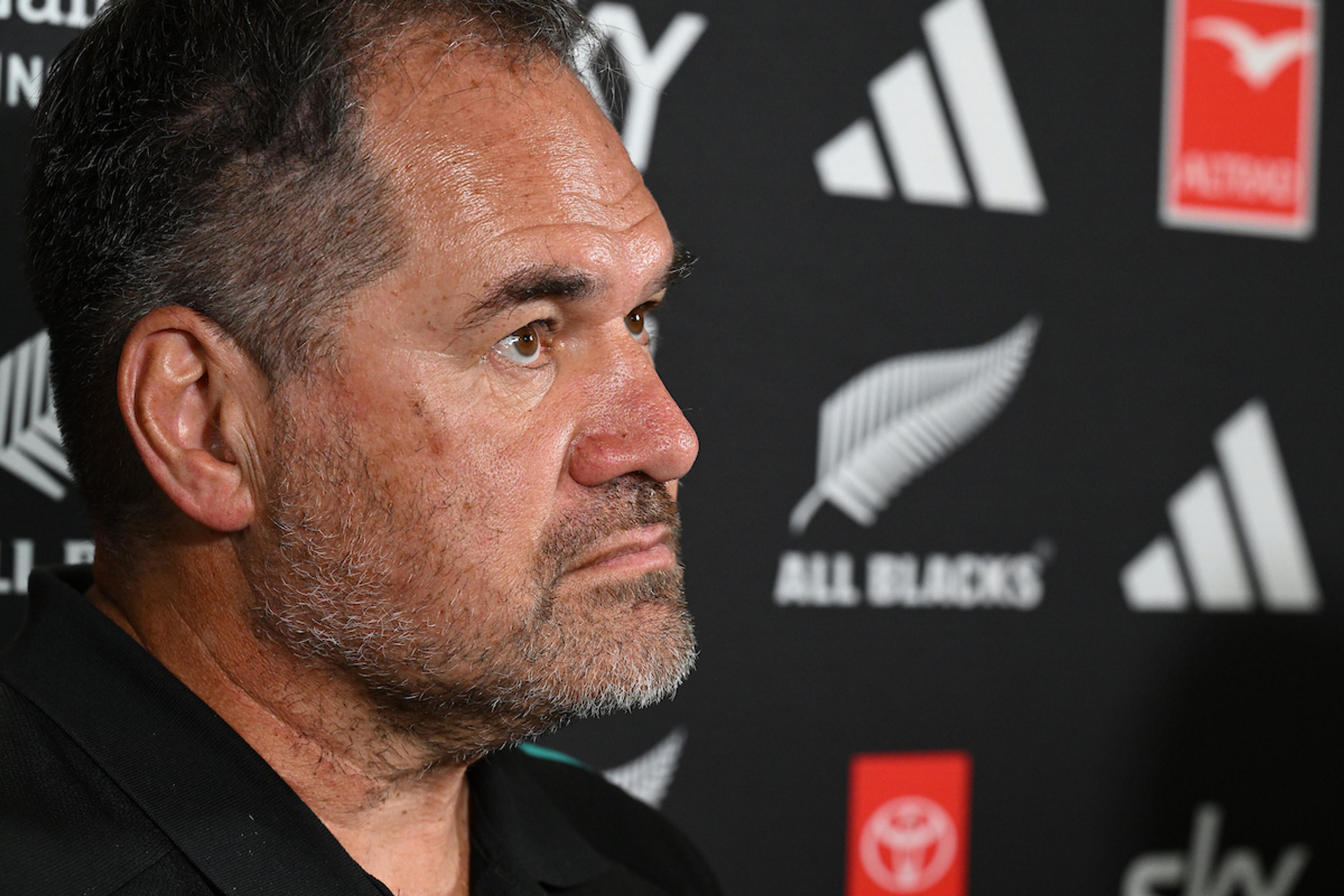

Deputy chair for the Ōtara-Papatoetoe local board, Vi Hausia, shares insight into elected life as a young Pacific leader.
Photo/Vi Hausia Otara-Papatoetoe Local Board Member Facebook
Vi Hausia calls for stronger community engagement and increased voter turnout
Ōtara’s youngest local board member advocates for increased Pacific representation in leadership and voting.


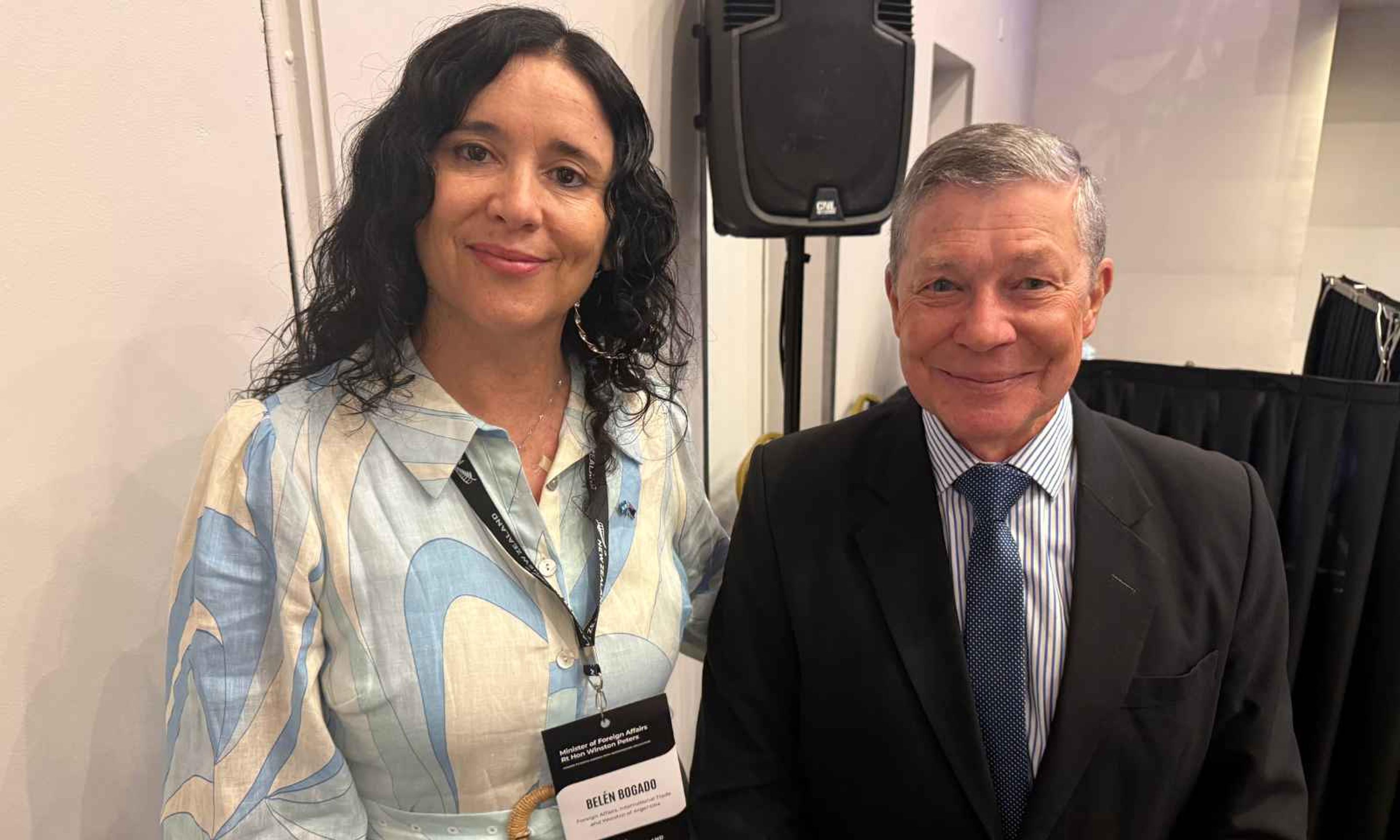
How the Pacific region could benefit from Argentina’s economic rebound, expert
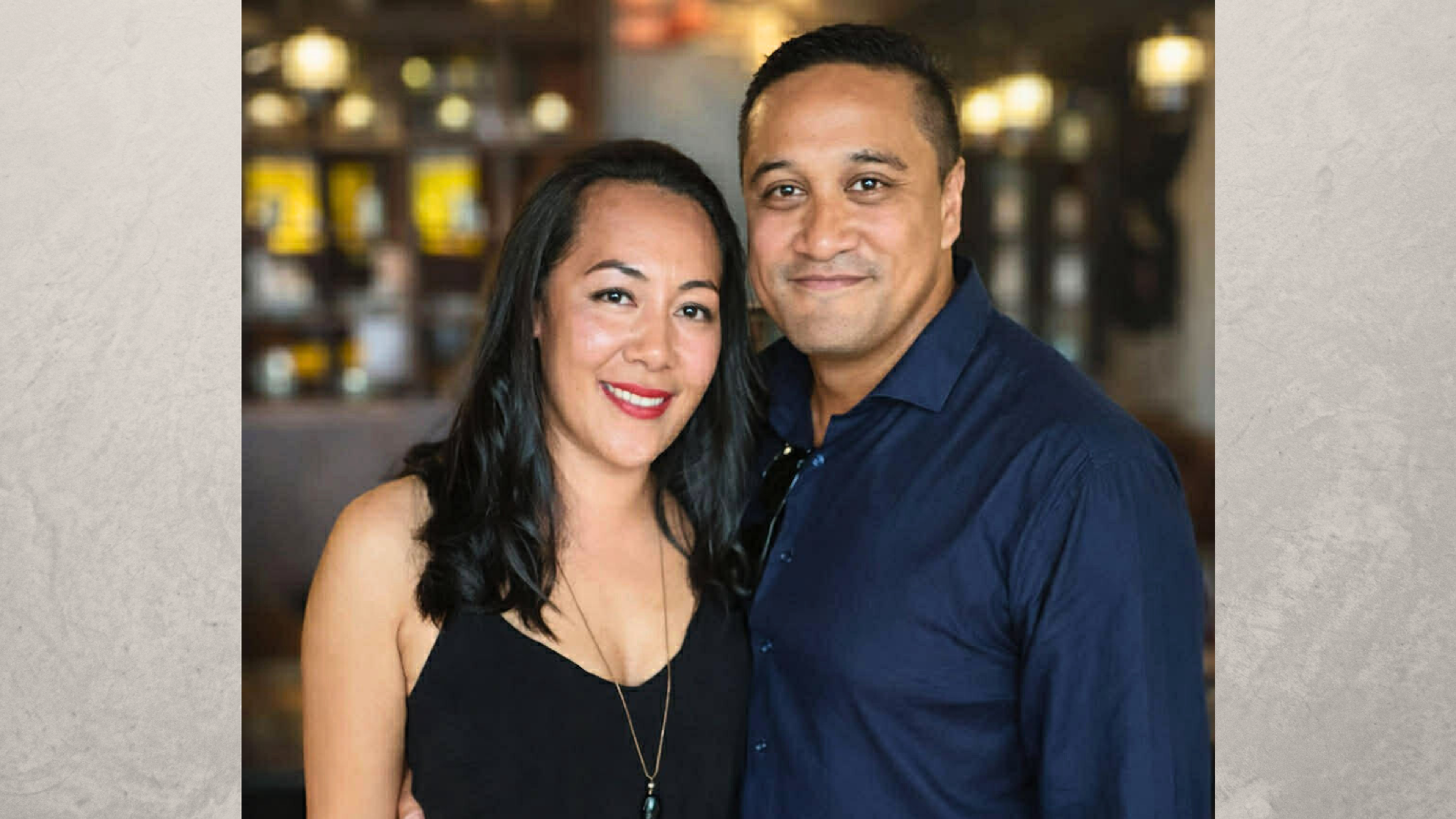
Tongan family in Abu Dhabi recount explosions as Middle East conflict escalates



Dave Rennie becomes first All Blacks coach of Pacific heritage

How the Pacific region could benefit from Argentina’s economic rebound, expert

Tongan family in Abu Dhabi recount explosions as Middle East conflict escalates

As Auckland approaches local elections, 31-year-old Vi Hausia is calling on more Pacific people to take on leadership roles and vote.
The civil engineer is one of the youngest elected Pacific members on the Auckland Council, serving as deputy chair of the Ōtara-Papatoetoe Local Board.
During the day, he manages stormwater infrastructure, while in his governance role, he addresses community concerns and manages public assets.
“My experience so far on the board is that our people are not often the people that complain,” Hausia says.
“There’s other squeaky wheels of Auckland that are very squeaky. From my experience, the louder you squeak, that tends to follow the response that council gives. Because our people generally have low engagement doesn't necessarily mean they don't care.
“There's a lot of other barriers and issues. As elected members, we have to work twice as hard to engage our community and amplify their voices with the little engagement that we do get.”
Hausia recently shared his insights on the role of elected officials during Auckland Council’s Pasifika Local Elections talanoa, a live-streamed panel event aimed at increasing civic engagement ahead of the vote in October.
Hausia describes the responsibilities of a local board member as straightforward: meetings, readings, and community engagement. Each month involves formal decision-making meetings, workshops, reviewing extensive briefing documents, and regular interactions with councillors, staff, and residents.
A key part of his role is translating complex council reports into meaningful outcomes for local residents.
“Every item on our workshop will have a presentation, and a lot of those items will also have supplementary information like memos or multiple memos, reports, and briefing videos with council staff,” he says. “You prioritise what you read. It’s about turning council-speak into real-life results.”
Hausia often shadows board chair Apulu Reece Autagavaia to stay informed about major local issues. When constituents raise concerns, such as traffic safety or funding for Polyfest, he ensures their voices reach the appropriate channels.
“Our job isn’t just attending meetings, it’s showing up, listening, and fighting for what matters.”
Balancing a full-time job with council responsibilities is a challenge. Hausia negotiated flexible working hours with his employer before running for office. He considers this arrangement essential for young Pacific professionals managing both careers and community responsibilities.
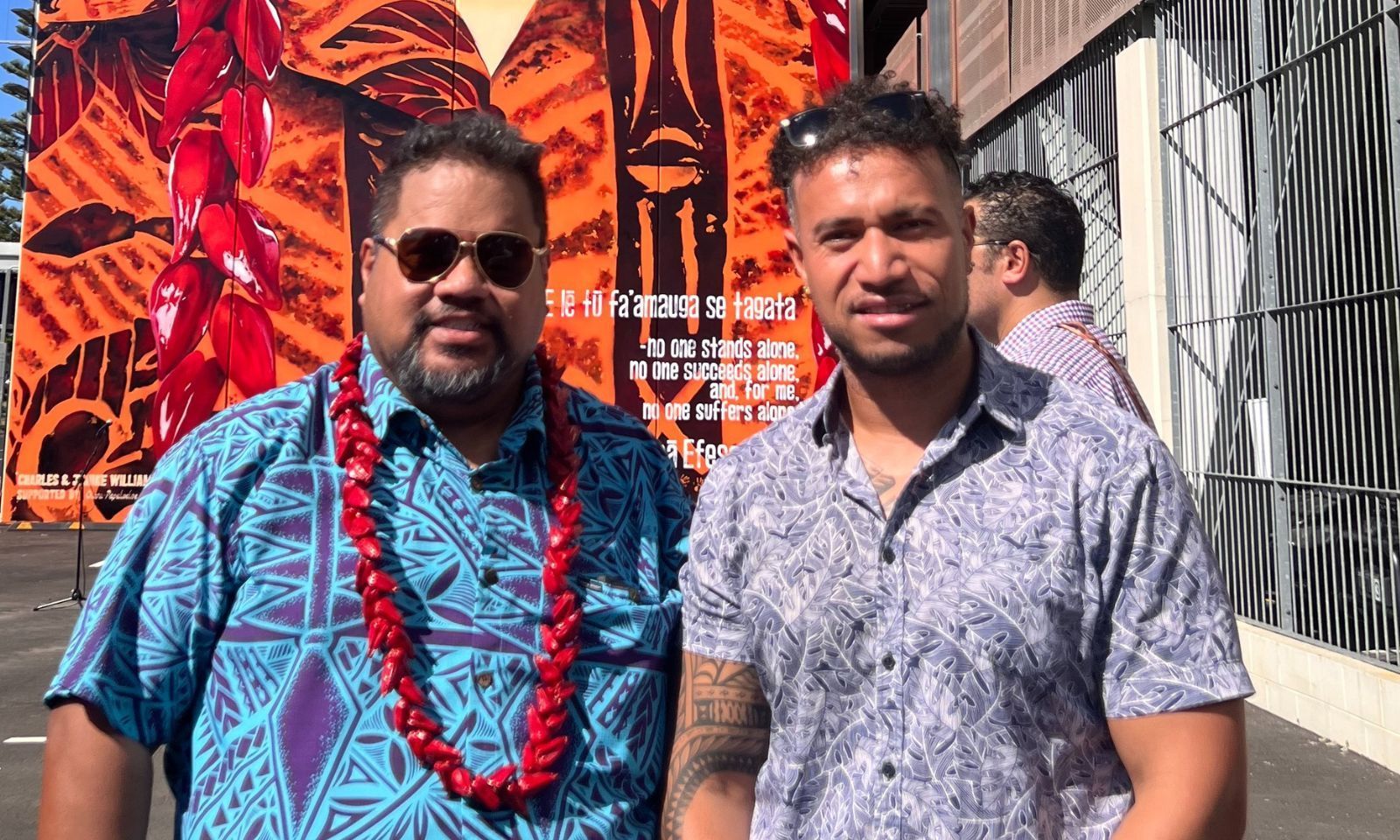
Ōtara-Papatoetoe Local Board chair Apulu Reece Autagavaia with deputy Vi Hausia, who often shadows him to stay across key community issues. Photo/File
"Before I ran for elections, I let my job know that my intention is to run for local government," Hausia says. "I'm very fortunate my job is supportive and they do everything to allow enough time to attend the board. If you have a full-time job and you're likely to still work while on the board, just make sure you're able to have that flexibility."
He says many Pacific candidates underestimate their abilities, believing that a background in politics or law is necessary. But he says that council need more than just credentials.
“Just understand the difference between local board decision making, governing body, and central government. Don't go in saying you're going to save the world and then realise you're just deciding on a swing on a playground.”
Both Auckland Council and the Electoral Commission have pledged to improve Pacific voter turnout by 2025. Erin Temu, an adviser for the Electoral Commission who also participated in the talanoa session, highlighted that only 25 per cent of voters from Pacific, Māori, and ethnic communities cast ballots in 2022.
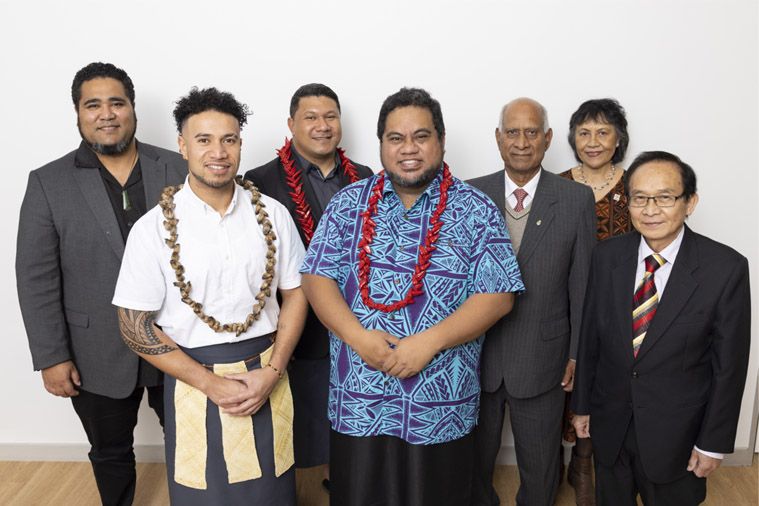
Ōtara-Papatoetoe Local Board members with deputy chair Vi Hausia (front left), one of Auckland’s youngest Pacific elected leaders. Photo/Auckland Council
“The Pacific population in Auckland has gone from 13 per cent to 16.6 per cent and growing, which is 275,079 people with approximately 195,000 eligible voters,” Temu says. “If even half of these eligible Pacific voters turned out, the potential for greater representation is significant.”
Hausia’s advice to aspiring Pacific leaders is clear: “You’re not alone. We need leaders who reflect us, who sound like us, and who are proud of their roots. If you’re the first in your area, you won’t be the last.”
LDR is local body journalism co-funded by RNZ and NZ On Air.
